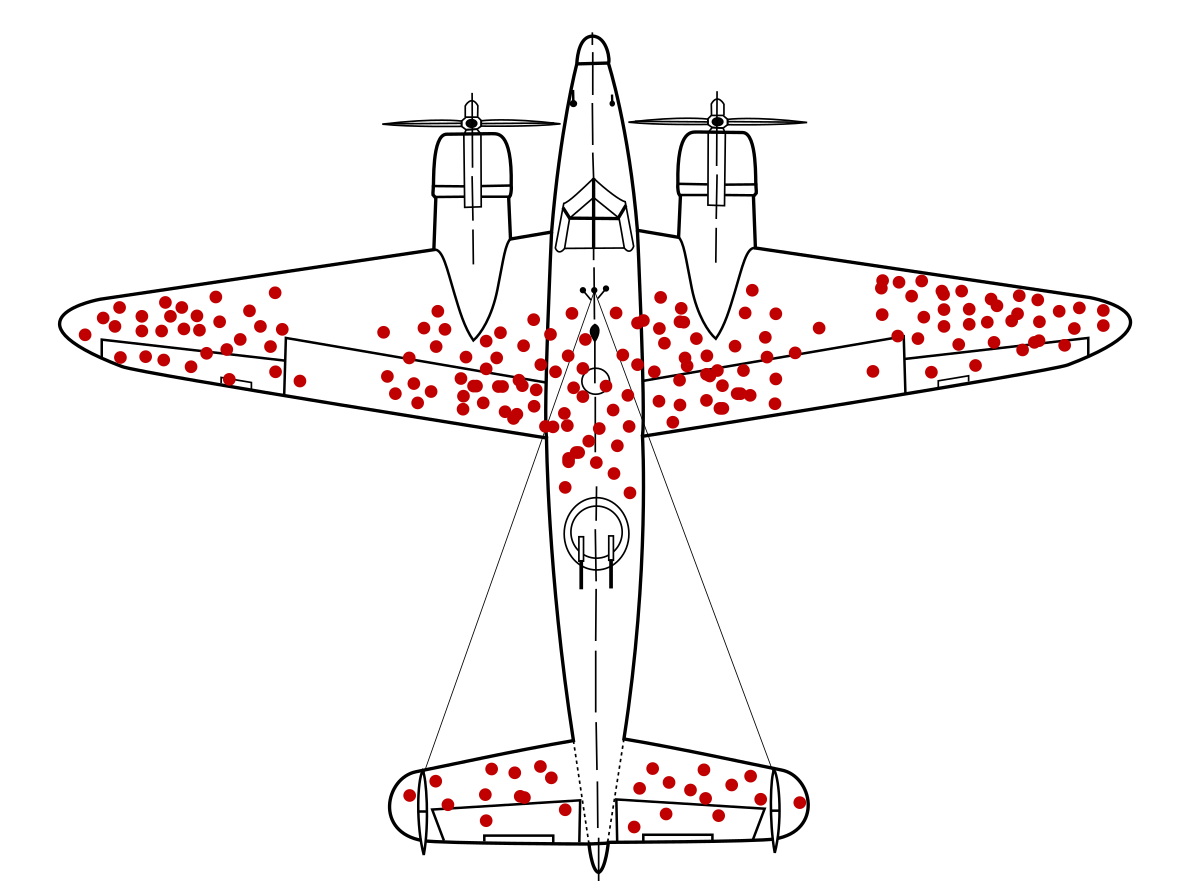I’ve not said either are superior they both have advantages and disadvantages is what I’ve said, din for 300bar because most yoke are only 230bar although my Poseidons have a 300 bar yoke adapter. If you wish to use din that’s fine.I've never heard anyone defend yoke as much as you have. You do your own thing but stop pretending like they are superior.
I am a machinist by trade and I will take a threaded connection over a clamp ANY day of the week. It's a superior connection...period.
You are using an out of date browser. It may not display this or other websites correctly.
You should upgrade or use an alternative browser.
You should upgrade or use an alternative browser.
Consideration for first set of doubles regs?
- Thread starter Mr. Dooley
- Start date
Please register or login
Welcome to ScubaBoard, the world's largest scuba diving community. Registration is not required to read the forums, but we encourage you to join. Joining has its benefits and enables you to participate in the discussions.
Benefits of registering include
- Ability to post and comment on topics and discussions.
- A Free photo gallery to share your dive photos with the world.
- You can make this box go away
Yeah I use Poseidon din and scubapro yoke on my doubles, either work fine but neither are essential on low pressure tanks. Working pressure below 230barIf your tank has a 3/4in NPS thread which nearly ALL scuba tanks do, it will take either a Yoke valve or DIN valve just fine. If it is 7/8in UNF threaded (old HP PST tanks for example), you can still get DIN valves but will only find 300 bar DIN valves instead of the more popular 200 bar.
SCUBA Valves | Dive Gear Express®
Valves, Regulator Fittings, 200 vs 300 Bar FAQ, Cylinder Neck Openingswww.divegearexpress.com
PfcAJ
Contributor
You only think that. I think yoke is much better for low pressure tanks.
Wut.I’ve not said either are superior they both have advantages and disadvantages is what I’ve said, din for 300bar because most yoke are only 230bar although my Poseidons have a 300 bar yoke adapter. If you wish to use din that’s fine.
You only think that. I think yoke is much better for low pressure tanks.
I’ve not said either are superior they both have advantages and disadvantages is what I’ve said….
“ Much better” is close enough to “superior” for me.
ETA: damn it you beat me to it
Dude says a lot of dumba-- sh--. I try my hardest to ignore him but sometimes it's hard cause the statements are just so ridiculous. Old dude set in his ways and thinks his way is still valid because he hasn't died yet.Wut.
I'll make sure to check frequently for the hate mail I'll be receiving.
Did you look at LeisurePro? HP 15L Faber steels are $400 each, LP 85s are $280. Manifold sets are $200-$250.Well I haven't yet - looking around at new stuff online as well as my LDS (from XS Scuba), I'm seeing 1,200 - 1,500 for HP steel doubles. I'll keep shopping around and also see if there are any used sets on the market.
For me, maybe they don’t suit you.Wut.
Much better for me and my tanks, I have non din tanks also. It’s a personal choice to use din or yoke. Whatever suits the diver. Din is definitely not superior to yoke for low pressure tanks.“ Much better” is close enough to “superior” for me.
ETA: damn it you beat me to it
The worry is that a relatively new diver is going to across some of your posts (and you having survived your high number of listed dives), and think that anything you postulate reflects the past thirty years of tech diving development, and not instead the downsides of one person having taken too many deep air breaths to the head.Muck better for me and my tanks, I have non din tanks also. It’s a personal choice to use din or yoke. Whatever suits the diver. Din is definitely not superior to yoke for low pressure tanks.

Survivorship bias - Wikipedia
UCFKnightDiver
Contributor
Muck better for me and my tanks, I have non din tanks also. It’s a personal choice to use din or yoke. Whatever suits the diver. Din is definitely not superior to yoke for low pressure tanks.
Objectively, for reasons stated by AJ and others, DIN is superior to Yoke regardless of the service pressure of the scuba tank. Is Yoke good enough for most recreational diving? Sure, I could concede that, you don't see massive amounts of deaths due to yoke regulator failures (though you do frequently see failed and leaking orings). However, is it the best option? That's an emphatic no. It's definitely not appropriate for technical diving.
Similar threads
- Replies
- 3
- Views
- 373
- Replies
- 4
- Views
- 824




